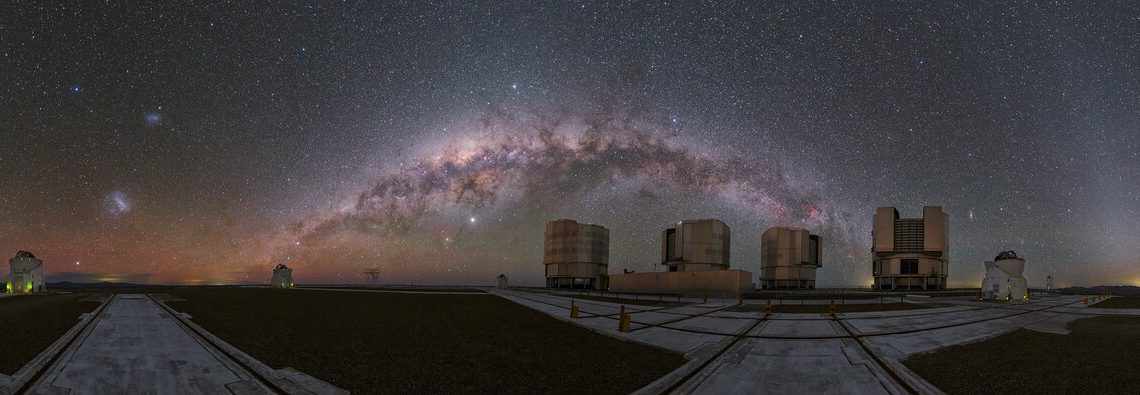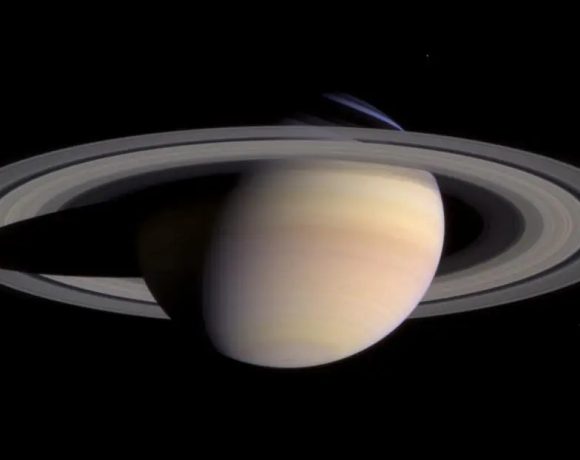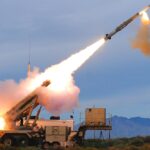Satellite constellations’ impact on astronomy reviewed

Chile and Spain host substantial astronomy infrastructure
Delegations from 102 countries convened last week in a landmark decision to address the growing concerns over the effects of large satellite constellations on astronomy.
The agreement was forged during a meeting of the United Nations Committee on the Peaceful Uses of Outer Space (UN COPUOS).
Following intense deliberations, the Scientific and Technical Subcommittee of COPUOS has unanimously approved adding a crucial agenda item for the next five years.
Titled ‘Dark and Quiet Skies, Astronomy and Large Constellations: Addressing Emerging Issues and Challenges,’ this agenda item signifies a significant step toward understanding and mitigating the adverse effects of expansive satellite networks on astronomical observations.
COPUOS role
As the preeminent United Nations body overseeing space-related matters, COPUOS deals comprehensively with international cooperation in space exploration, satellite deployment, space debris management, long-term sustainability, and orbital slot allocation.
The proposal advocating this pivotal agenda item was spearheaded by Chile, the host state and partner of the European Southern Observatory (ESO), along with Spain, another ESO member state.
Both nations host substantial international astronomy infrastructure. The proposal, informed by insights from the astronomy community, garnered widespread support from numerous delegations, including permanent observers such as ESO, the International Astronomical Union (IAU), the European Astronomical Society (EAS), and the Square Kilometre Array Observatory (SKAO).
ESO’s External Relations Officer and COPUOS representative Andrew Williams stated: “This is a significant moment for astronomy and a culmination of several years of our hard work and engagement.”
Williams highlighted that the agenda item would prompt governments worldwide to intensify efforts to find solutions to protect the sanctity of dark and quiet skies.
Richard Green, acting director of the IAU Centre for the Protection of the Dark and Quiet Sky from Satellite Constellation Interference (CPS), applauded the United Nations for acknowledging the issue’s importance.
He said: “Since the first constellation launched in 2019, we have been working hard to raise awareness of this issue… Seeing the United Nations recognise its importance and agree to look into the issues and challenges posed by large constellations.”
Mila Francisco, Chilean diplomat and alternate representative to the UN Office in Vienna, emphasised Chile’s commitment to safeguarding international investments in astronomy infrastructure.
Francisco acknowledged the valuable engagement with astronomers and expressed satisfaction at reaching a compromise with other delegations.
The provisional agenda item will undergo endorsement by the full committee in June 2024. Including this dedicated agenda item will provide a platform for in-depth discussions among delegations, aiming to develop and agree upon recommendations to be adopted by UN Member States.
This achievement underscores the increasing acknowledgement of the significance of preserving dark and quiet skies for astronomical research and safeguarding humanity’s cultural heritage.
It reflects a collective effort to address the challenges of prominent satellite constellations in observational astronomy.
Featured image: A cosmic rainbow over the European Southern Observatory’s VLT in Chile. Image: ESO













